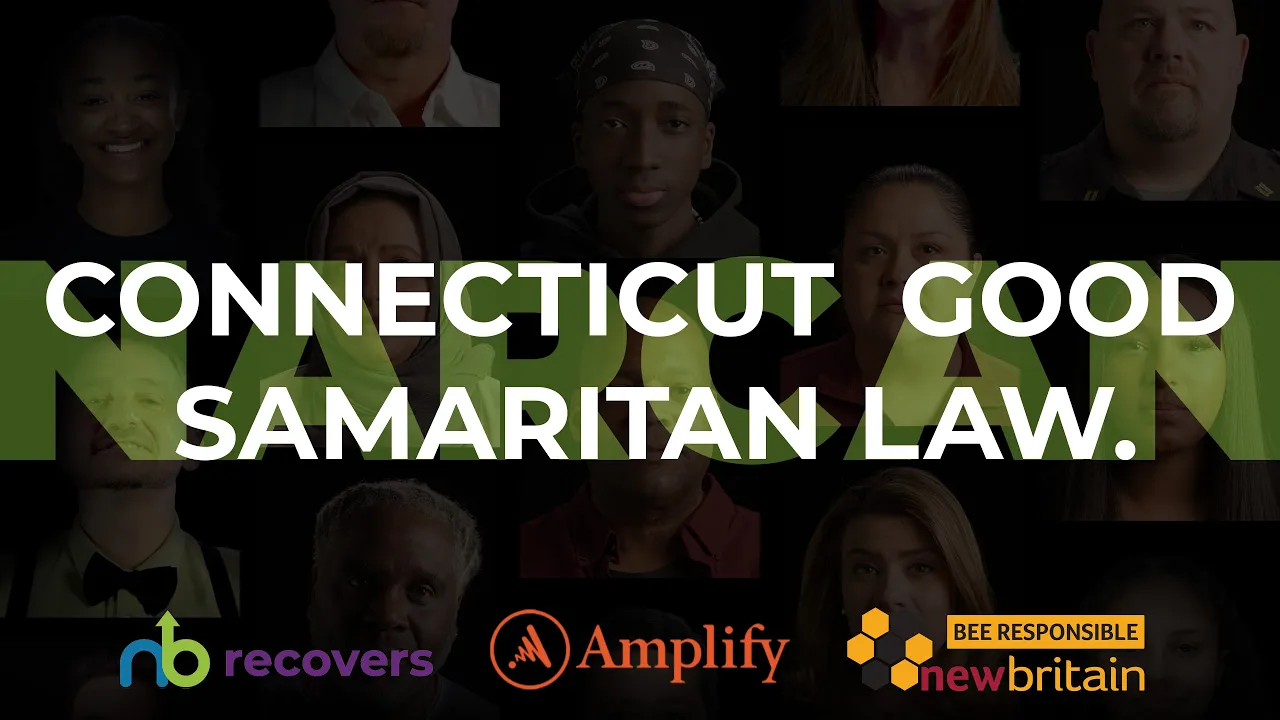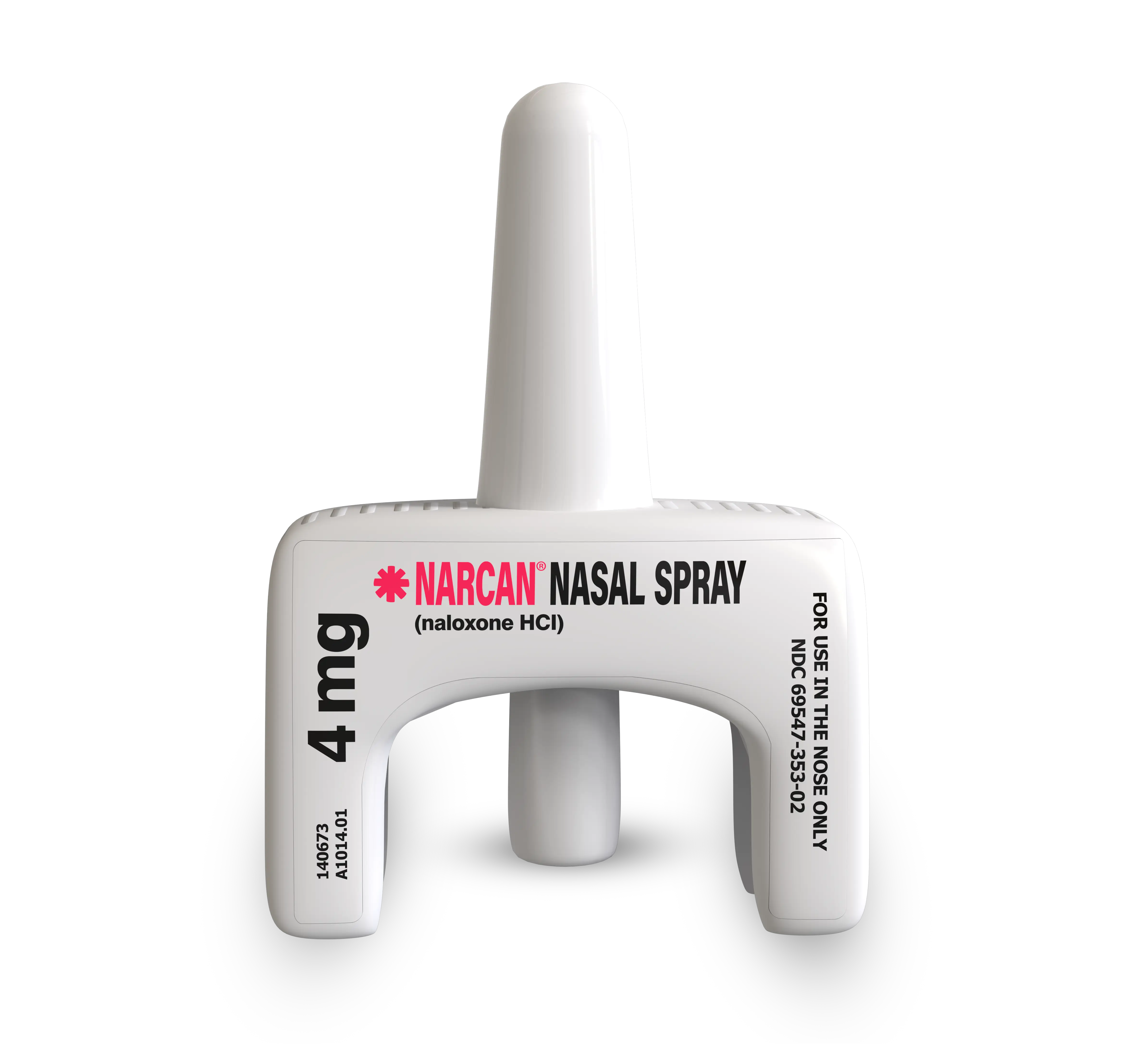NARCAN®: A Weapon in the Fight Against Opioid Overdoses
Narcan, also known as naloxone, is a medication that rapidly reverses an opioid overdose by blocking the effects of opioids in the body. It comes in easy-to-use nasal sprays and can be administered by anyone in an emergency.
Watch the videos below to learn how YOU can save a life.


The Facts About NARCAN®
Good Samaritan Law in Connecticut (Read it here)
Connecticut’s Good Samaritan Laws are designed to protect and encourage people—both professionals and community members—to help others in emergencies. These laws provide certain legal protections for individuals who step in during critical situations. The law also allows anyone, if acting with reasonable care, to administer an opioid antagonist to someone he or she believes, in good faith, is experiencing an opioid-related drug overdose. It generally gives civil and criminal immunity to such a person regarding the administration of the opioid antagonist (CGS § 17a-714a(d)).
The law provides immunity from civil and criminal liability to individuals who in good faith seek or receive emergency medical care for themselves or another person they reasonably believe is experiencing an overdose from the ingestion, inhalation, or injection of intoxicating liquor or any drug or substance (CGS § 21a-279(d)).
When the Good Samaritan Law Applies
The law covers a variety of emergency scenarios, not limited to substance use. Examples include:
- Giving emergency assistance
- Providing first aid
- Using Epinephrine Cartridges (EpiPens)
- Prescribing or administering an opioid antagonist such as naloxone (Narcan®)
- Seeking medical help for a drug overdose
- Rescuing a child or animal from a motor vehicle
Important to know:
- The law does not protect people from unrelated charges or warrants (for example, if someone has outstanding legal issues during an overdose incident).
- It also does not cover acts of gross, willful, or reckless negligence.
Naloxone (Narcan®) and Opioid Overdoses
Connecticut law generally protects anyone who, acting reasonably and in good faith, administers naloxone to someone believed to be experiencing an opioid overdose.
- These protections usually extend to civil and criminal immunity related to giving naloxone.
- The key standard is that the person must act with reasonable care in the situation.
Signs of an opioid overdose:
- Face is extremely pale and/or clammy to the touch.
- Body is limp.
- Fingernails or lips have a blue or purple cast.
- Vomiting or making gurgling noises.
- Cannot be awakened from sleep or is unable to speak.
- Breathing is very shallow or stopped.
- Heartbeat is very slow or stopped.
NARCAN® (Naloxone) is safe
There's no risk of addiction to naloxone, and because it's not a controlled substance, it has no street value or potential for misuse. The safety extends to all ages, making it suitable for administering to anyone from infants to adults. It's important to remember, however, that naloxone only works for opioid overdoses. If someone is overdosing on another substance, it won't be effective. Lastly, while very safe, calling 911 immediately after administering naloxone is still crucial. The potential to save a life in an overdose far outweighs the minimal risks associated with naloxone itself.










